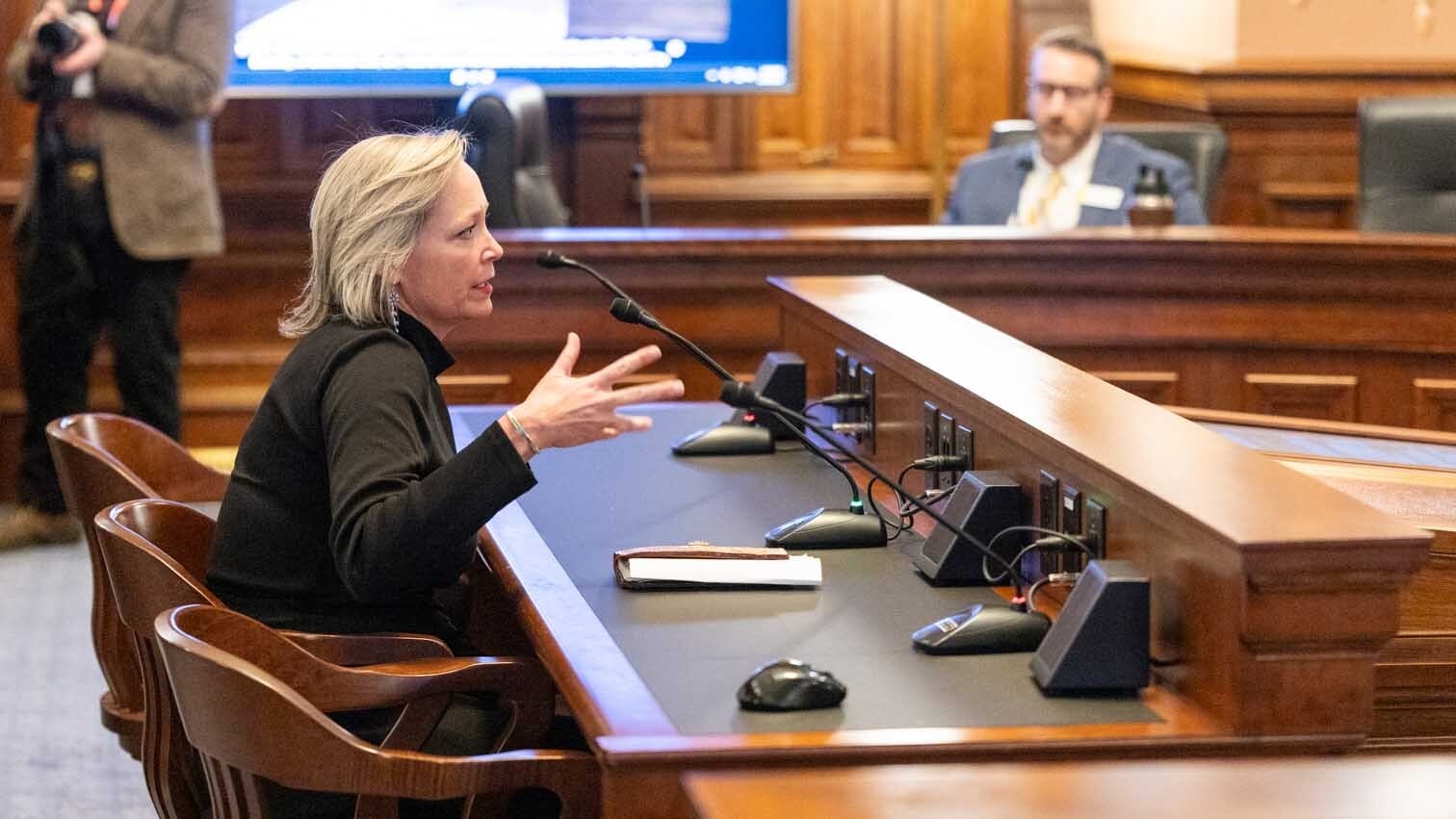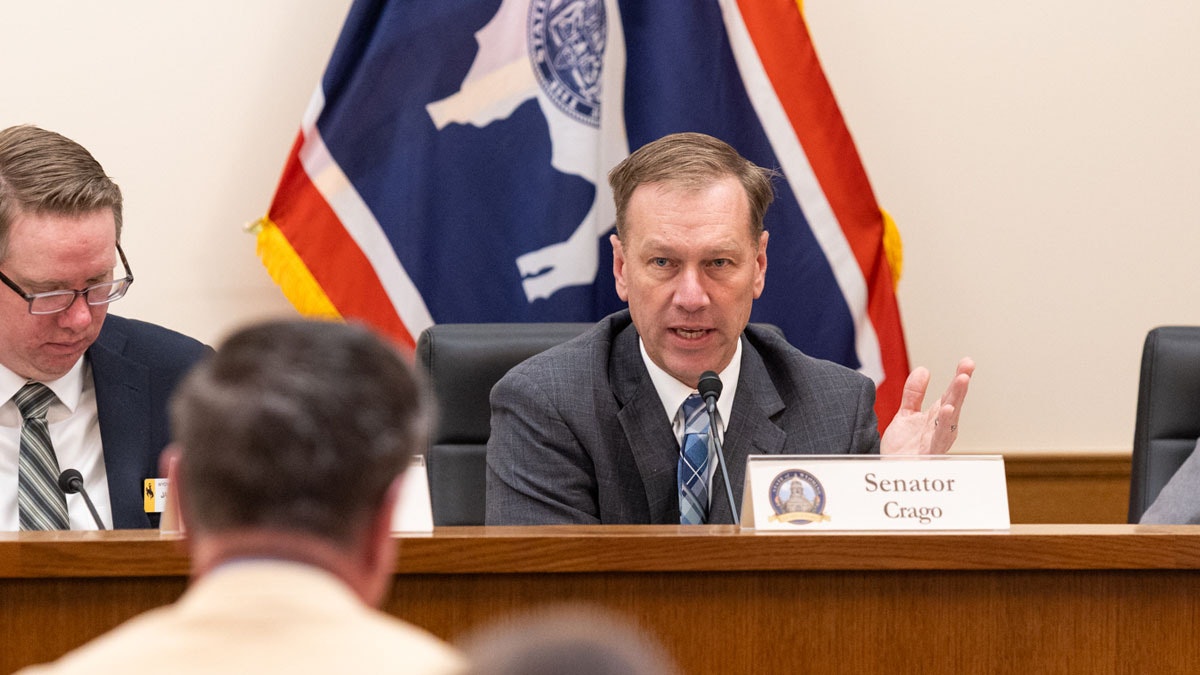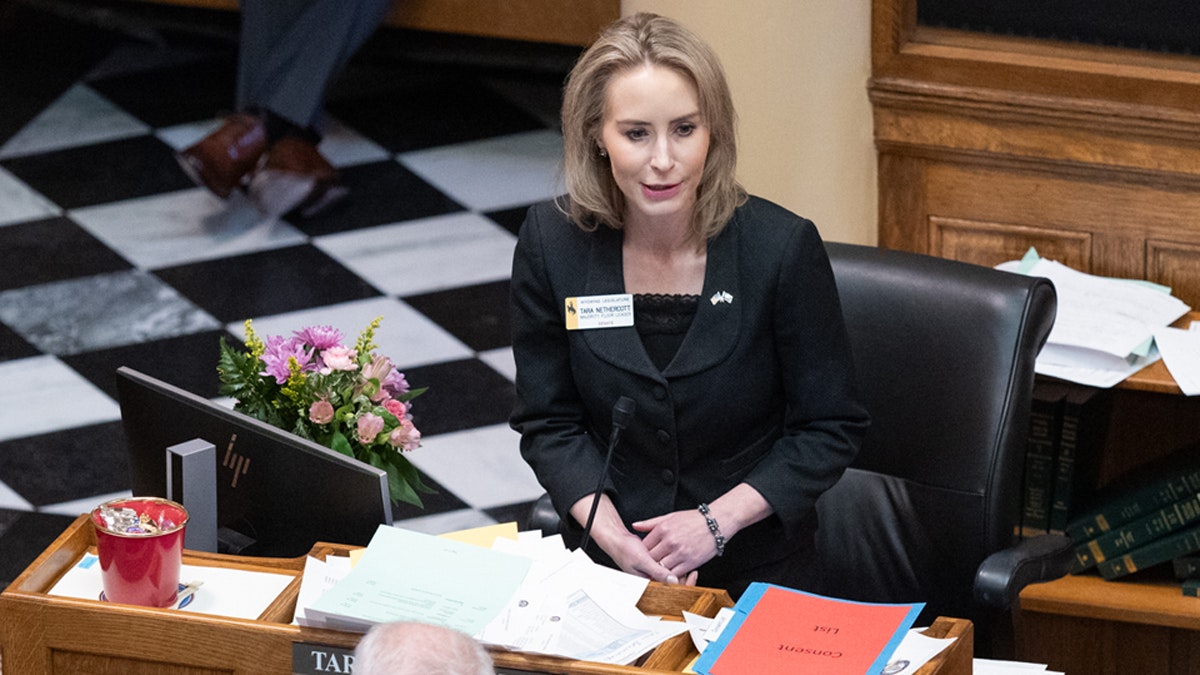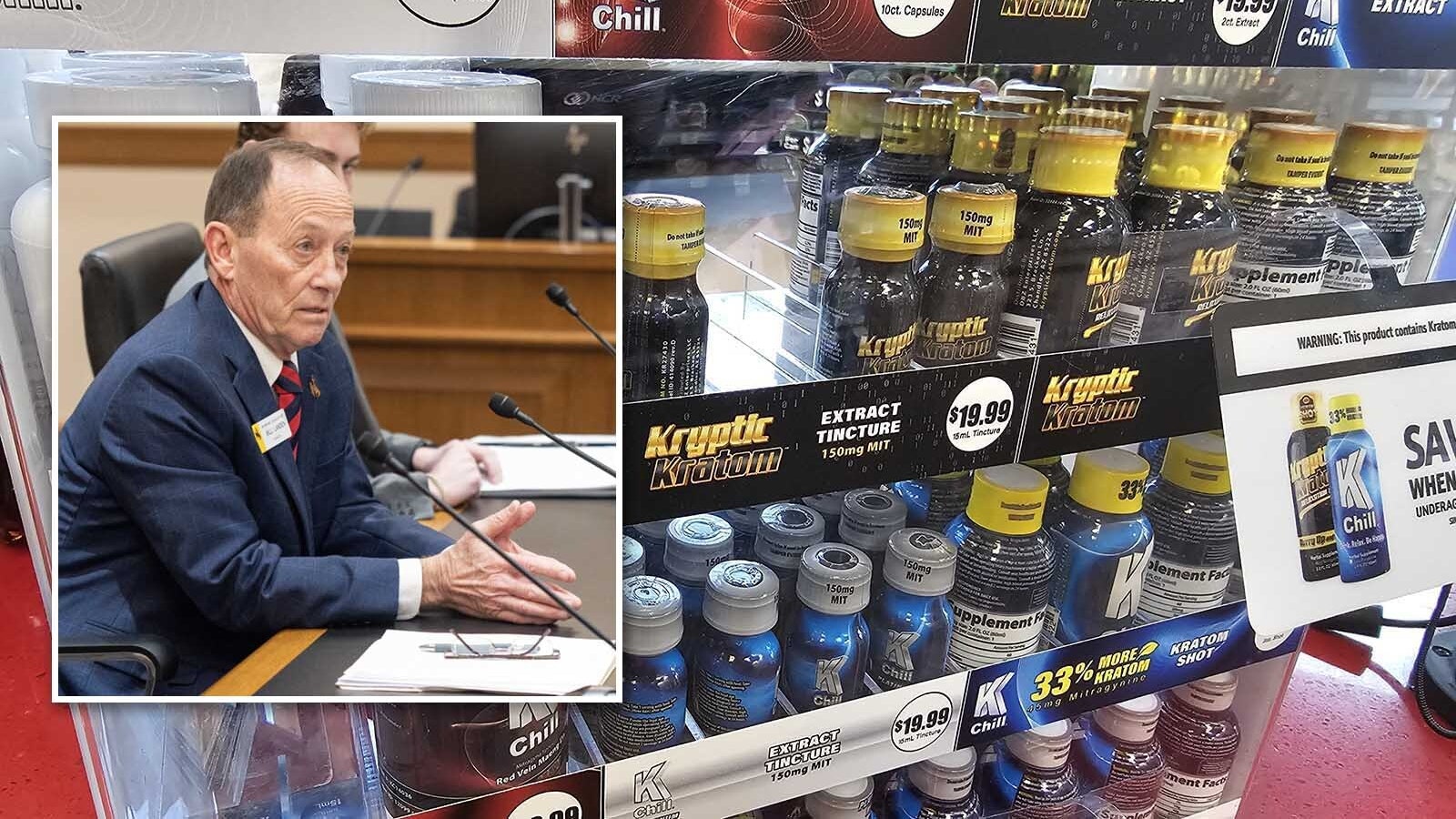A number of Wyoming legislators complained during the recent legislative session about interim committee bills that were never introduced, saying it was a waste of time for those committees to meet and craft bills that went nowhere.
Now those committees may potentially waste less time during this interim period by having fewer interim meetings.
The Legislature’s Management Council voted Tuesday to reduce the number of times each joint committee will meet during the interim from six to four to save money and time.
Each spring, the Management Council sets the meeting schedule and assigned topics the Legislature’s committees will have for the upcoming interim session. Senate Majority Leader Tara Nethercott, R-Cheyenne, successfully made a proposal during their Tuesday meeting to reduce the quantity of committee meetings days from six to four, which she said will save the state about $120,000-$140,000.
Instead of three, two-day meetings, each committee will now have one two-day meeting and two one-day meetings, unless they request Management Council for more meeting days.
Money For What?
During the 2025 legislative session, an unprecedented number of committee bills were killed, primarily by members of the Wyoming Freedom Caucus.
Committee bills tend to have a higher chance of passing into law because they get more vetting with more public input, however a higher than usual quantity of committee bills died in the last two legislative sessions. In this year’s session these bills had a roughly 53% success rate, down from the 67% historical rate of the past.
Rep. John Bear, R-Gillette, chairman emeritus of the Freedom Caucus, believes the drop can be attributed to an “ideological shift” in the Legislature brought on by the 2024 elections, where members of his Wyoming Freedom Caucus took a majority of seats in the House. Members of his Freedom Caucus helped kill many of these committee bills that had been crafted by members of the previous Legislature.
Because his members now make up a majority of seats on the House committees, Bear doesn’t expect the trend of committee bills dying to continue.
“I would say that quality is in the eye of the beholder,” he said. “We need to make sure the bills that come out of these committees is ideologically aligned with the body.
Sen. Stephan Pappas, R-Cheyenne, also expressed concern about cutting the two days, saying the new members of his Transporation, Highways and Military Affairs committee will need educating on certain topics.
Nethercott and Sen. Mike Gierau, D-Jackson, believe the quality of committee work has gone down in recent years due to a variety of reasons, including having to cover too many topics, which has partially led to more bills dying.
Gierau remarked there were more election integrity bills during this year’s session than total election integrity questions posed in Wyoming’s history.
Rep. Jeremy Haroldson, R-Wheatland, said the real issue may be the way committees use their time. Rather than focusing on creating bills, he said the interim session could shift a focus to studying topics. He also believes chairmen should be allowed to decide how many committee days they need.

Changing A Trend
The number of committee meetings, bills they draft, and the number of topics they attempt to cover each interim session has been increasing over the past decade in the Wyoming Legislature.
Each committee meeting costs around $8,500 per day to run, said Matt Obrecht, director of the Legislative Service Office (LSO).
LSO staff days reached an all-time high in 2024 at 542, which Obrecht said can be attributed to greater IT needs brought on by live streaming every legislative meeting on YouTube as well as better training protocols. Obrecht said around 2016-2020, the state reached a peak for the number of committees that were being staffed due to the renovation of the state Capitol occurring around that time.
Since 2013, the total number of bills drafted by committees has increased but did decline slightly in 2023 and 2024. Obrecht said there’s an average of 5-8 additional committee days requested per year to address emergent topics or to finish out work.
Gierau described these increases as a “runaway train.”
Bear opposed reducing the days, saying this would not leave enough time to cover the distribution of wildfire relief money in his Joint Appropriations Committee, which opted to not create a special task force to cover this topic.
Senate Vice President Tim Salazar, R-Riverton, the co-chair on this committee, also said four days would not allow the committee enough time to prepare for the upcoming 2027/2028 biennial budget.
Senate President Bo Biteman, R-Ranchester, also expressed some concern about the proposal, saying limiting meetings to four days could amount to micromanaging committees and reduce the quality of bills drafted in the Legislature.
“Limiting discussing during the interim on these priorities that people think are important to them and their constituents, all you’re doing is pushing those priorities into individual bills that aren’t vetted as well,” he said.

Pushback Already
Sen. Cale Case, R-Lander, made it clear that his Joint Corporations, Elections and Political Subdivisions Committee will likely need six days when considering its current allotment of topics.
Wheatland resident Jill Kauffman, who has frequently suggested that Wyoming’s elections are rife with fraud and problems, also pushed for six days so that more time can be given to educate county clerks about issues that exist in this committee.
Nethercott however bristled at the suggestion that the Corporations committee add days when considering many of their topics like affordable housing haven’t passed into law in the past.
“I don’t want to go down the presumption that because Corporations has a history of a heavy lift that six days is automatic,” she said. “Recognizing that I think your committee bill passage rate is reflective of the concern we’ve presented today and the rationale associated with the four-day committee work.
“So, the bills pass the Senate, they don’t pass the House, thus necessitating the need of a four-day interim and more educational and informational time.”
The Joint Education Committee, chaired by Sen. Wendy Schuler, R-Evanston, and Rep. Ocean Andrew, R-Laramie, expressed similar concerns about their committee not having enough days.
“I think there’s a lot of things we need to work on, I don’t think we can lose those two days,” Andrew said.
Similarly, Rep. Bob Wharff, R-Evanston, also fought to keep the option of having three days for his Federal Natural Resource Management Committee although he said he’ll try to keep it at two.
Biteman agreed with Wharff and said the work of this committee will be extremely vital in determining the economic future of Wyoming when considering President Donald Trump’s new administration. Specifically, he wants the committee to study why forest fires have been on the rise in Wyoming.
Sen. Bill Landen, R-Casper, said his Travel, Recreation, Wildlife and Cultural Resources Committee won’t have time to address gambling and lottery issues this summer under its current allotment of time.
If no committee or task force picks up these issues, most gambling and lottery issues will not be covered by the Legislature during the interim session. Despite a rash of bills being drafted by the Appropriations Committee last year, none made significant progress during the 2025 legislative session.
“It requires so much work and it’s so wild right now and there’s so many needs that I think that needs to be considered on your (Management Council) side of the desk so some of those issues can get solved for our state,” said Rep. Andrew Byron, R-Jackson, co-chair of the Travel Committee.
Nethercott suggested the idea of creating a new task force to handle gaming issues in the state or handing this topic off to the Transportation, Highways and Military Affairs Committee because many members of that committee have past experience with the topic. Sen. Barry Crago, R-Buffalo, was also scheduled to present on a gaming task force later in the meeting.
Gierau also suggested that most interim committee meetings be held in Cheyenne and Casper to save money on travel and other expenses. Currently, the Legislature holds meetings throughout the state as a way to engage the public more, but Gierau expressed skepticism that this happens.
Bear agreed with Gierau and said more meetings could be held virtually as a way to save money. However, Obrecht said the only cost savings on virtual meetings would be the per diem costs and mileage paid by legislators, which run around $500-$1,500 per meeting.
The council didn’t end up making any change to this aspect.
Leo Wolfson can be reached at leo@cowboystatedaily.com.





